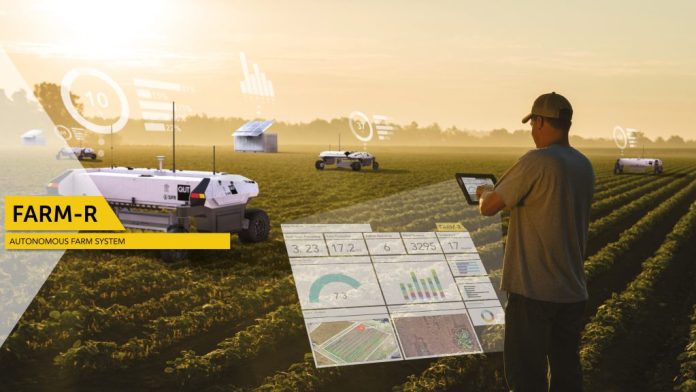
Darling Downs farmers and the broader agricultural community have become acquainted with the capabilities of QUT’s world-leading agricultural robot, AgBot II, thanks to a public showcase held at “Glenwood”, Bowenville on Wednesday.

Designed and built by QUT with support from the Queensland Government, the solar-powered AgBot II is said to hold the potential to save Australian farmers roughly $1.3 billion each year by reducing the costs of weeding crops by around 90%.
Professor Tristan Perez, who spearheads QUT’s agricultural robotics program, said AgBot II has the ability to navigate through a field, detect and classify weeds and then kill them either mechanically or chemically.
“In future versions, the robots could also feed back data on such things as soil and crop health and the state of diseases as they conduct their operations. This would enable better management decisions driven by paddock specific real-time information,” he said.
According to Professor Perez, AgBot II, which can also be used to apply fertiliser, has achieved outstanding results in the use of robotic vision and artificial intelligence for the detection and classification of different weed species.
“The cutting edge robotic vision gives AgBot II the ability to spot-spray selected weed species and use mechanical tools to remove other weeds species that are herbicide resistant,” he continued.
“To date, we have concentrated on the three weeds that are relevant to Queensland: volunteer cotton, sow thistle and wild oats, and the vision system operated with 99% accuracy in the classification of the correct species based on the images collected by the robot cameras.”
Weighing in at just 600kg, the AgBot II will help reduce soil compaction that affects the yield by limiting the root development of the crops. Due to their lightweight build, the robots can also be deployed faster onto fields after rain to keep a tight control of weeds before they drop their seeds.
“In addition AgBots are designed to work in groups and this increases the reliability of weeding operations. If one robot has a problem and fails, the others continue operating. This is not the case with a single tractor or single sprayer operation,” Mr Perez concluded.
The QUT team is currently locked in discussion with potential commercialisation partners to roll out this technology for commercial use as soon as possible.




















